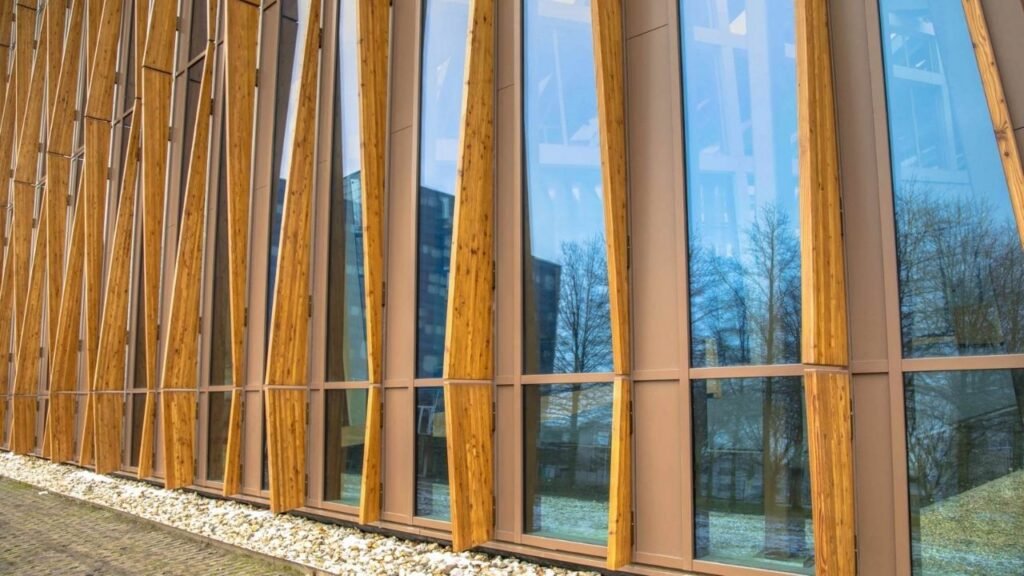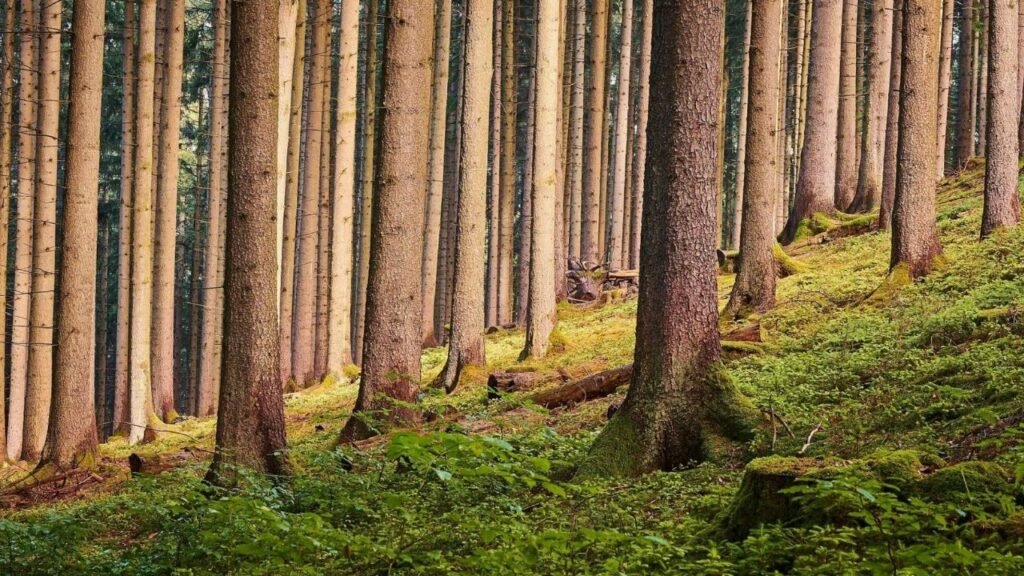“Wood” The Most Loved Material By Architects.
Architecture has the power to enjoy, inspire and transform people like a well-executed art form.
Some beautifully crafted areas are enticing, as anyone who has marvelled at the details of the ancient church or who has simply read through the windows by the sunlight can attest.
How can wood be used most efficiently? Although construction is based on both engineering and cultural practices, wood has a high strength-to-weight ratio and is best utilised in structures that support significant amounts of its own weight. Construction codes are trump engineered in many parts of the world and are lower than what is possible in wood. We also examine how the working life of the wood structures can be extended, mainly by changing the natural material and incorporation appropriate design features, due to their resistance to fire and moisture sensitivity.

These changes may prolong the carbon sequestration period due to a longer lifespan but end-of-life situations may have negative consequences. Why is wood supposed to be used? The most valuable arboreal products are construction-grade wood and forest products. This shows the importance of forest-dependent economies’ structural use. If wood is suitable for use? Modern wood is mainly produced and delivered in the workplace for quick assembly, making the building material cost-effective.
Since both domestic and global timber markets exist, each could play a role in determining its large-scale use-value. Some projects have shown environmental advantages, but not always easy to quantify or generalise. The purpose of this review article is to provide an overview of the environmental effects and the factors that influence the use of wood in construction.
TREES!

Trees as a resource and molecular organisation, forestry, management techniques, product handling, modifications to durability, application and engineering in full scale, end-of-life and global use, trade and policy. Tree species can differ widely because, during plant development, the ability to become a “tree” was acquired many times.
Angiosperms are the most common tree-forming clusters today but nearly all gymnosperms are tree trees (plants that produce uncovered seeds, such as sprouts, pines and fir), which produce flowers, seeds and enveloped seeds. Angiosperms (dicots, often leafy, like oak, birch, beech, and ash) produce hardwood, whilst gymnosperms create softwood. However, this terminology does not always express true wood quality; balsa (a hardwood), for instance, is much weaker than cedar.
Written By Mahak Jain | Subscribe To Our Telegram Channel To Get Latest Updates And Don’t Forget To Follow Our Social Media Handles Facebook | Instagram | LinkedIn | Twitter. To Get the Latest Updates From Arco Unico



